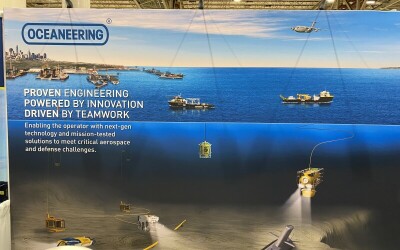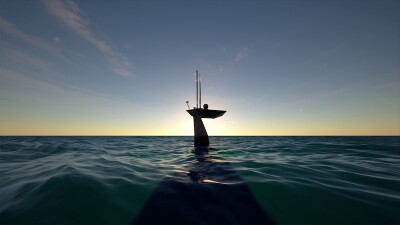Historically, U.S.-flag passenger vessel operators and Coast Guard inspectors have benefited from each other’s experience and provided important checks and balances that underscore safety.
While things are not always harmonious in the inspections arena, there has always been a common respect that usually results in an amicable resolution. Recently, however, I have heard several complaints from operators of U.S.-flagged passenger vessels about the quality and tone of their Coast Guard inspections. In some cases, the inspector took on a “law enforcement” tone. In others, Coast Guard inspectors appeared to be unsure of current regulations. Is this an isolated problem? Is it related to personnel turnover or is it a change in Coast Guard policy to tighten things up?
I operate three passenger vessels that just went through inspection cycles. In all three inspections, Coast Guard inspectors raised questions or concerns about items that have successfully passed inspection for many years. So what has changed? While my vessels have not changed, safety regulation has. But the fact that my Coast Guard inspectors change regularly may be the root of the problem. Inspectors rotate in and out of my region at fairly regular intervals. As a result, once we get to know each other and he or she becomes familiar with my vessels and operation, they are replaced with new inspectors who have no history with me and perhaps no experience on the rivers. This is very frustrating and potentially confrontational.
As a business owner and responsible operator, I am committed to doing the things that continuously improve safety for my passengers and crew. But I am concerned when Coast Guard inspections are not consistent. This inconsistency has the potential of disrupting my business while not enhancing overall safety.
I believe that inspection consistency should be at the top of the list of things that Coast Guard leadership must address. Until it does, there will be misunderstanding and confrontation — a situation that does not benefit anyone.
Until this situation improves, vessel operators should make every effort to promote understanding. Make sure that your new inspector is familiar with all aspects of your vessel and operation. This positive first step is important to developing a good working relationship, at least until the next Coast Guard replacement arrives.




